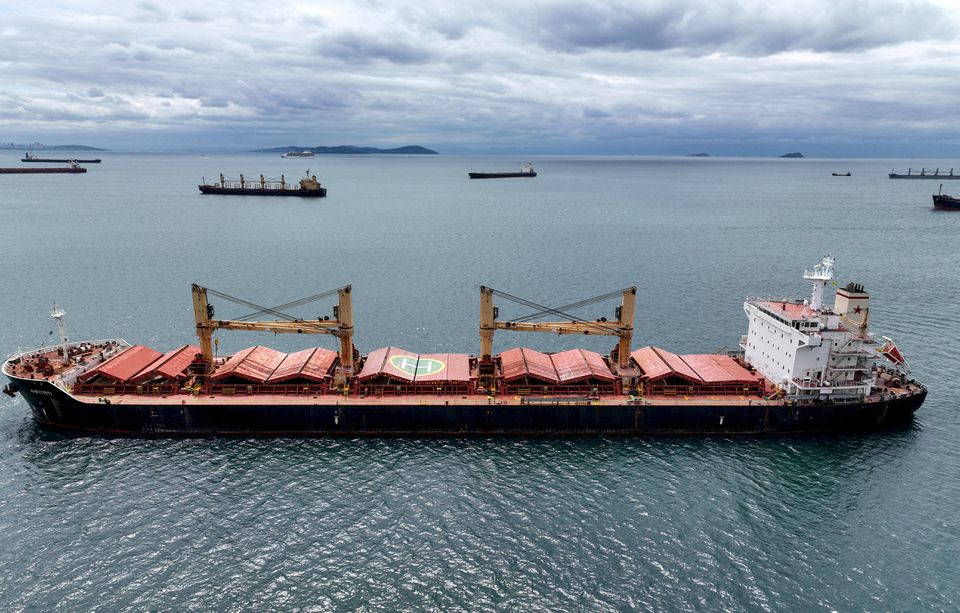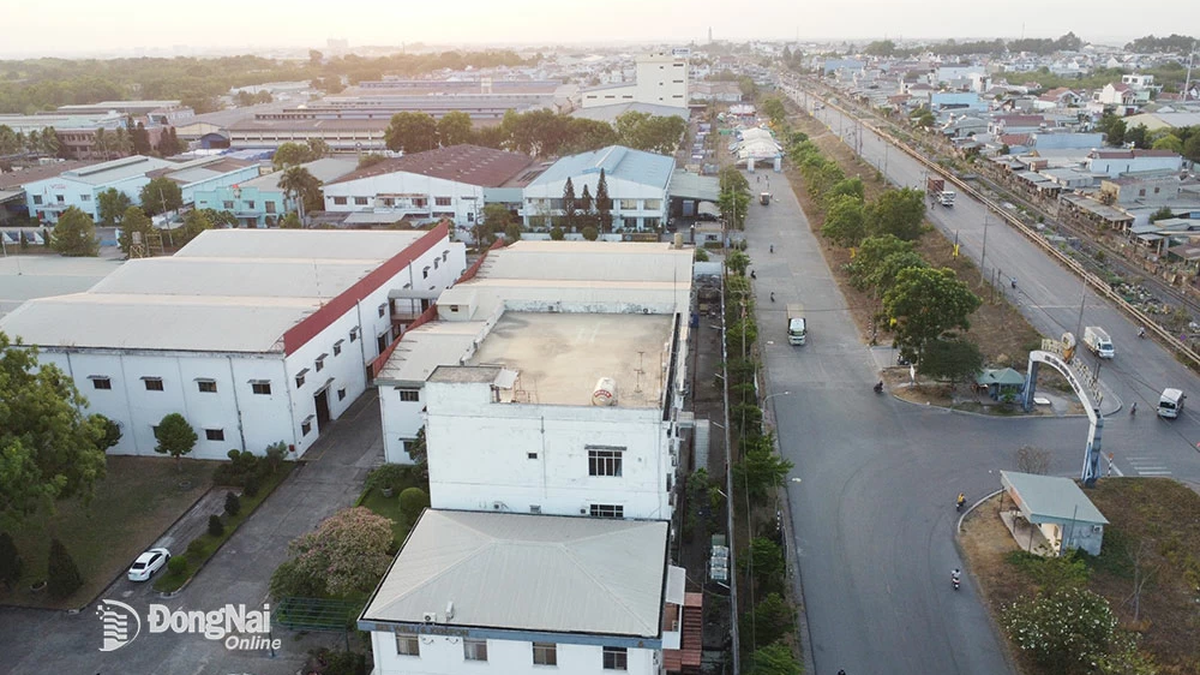The Financial Times reported on July 3 that the EU's move is aimed at protecting the Black Sea grain deal, thereby helping Ukraine export food to the global market.
Russia's Agricultural Bank is under sanctions. If the EU proposal comes to fruition, this could allow Moscow to reconnect to the global financial network.
Neither the European Commission (EC) nor the Kremlin commented on the information.

A ship transporting grain under the Black Sea deal docks in Istanbul, Türkiye, in May 2023. Photo: Reuters
Last July, the United Nations and Türkiye brokered the Black Sea Grain Initiative to help address the worsening global food crisis. The initiative is set to expire at the end of this month.
Under the Black Sea grain deal, Ukraine exported more than 32 million tonnes of mainly corn and wheat. On July 3, Russia expressed pessimism about the prospects of extending the deal, as no progress had been made on its export demands.
“It seems unlikely that the Ukraine grain deal will be extended unless Russia gets concessions,” said a European grain trader. Russia said last week it saw no reason to extend the grain deal because the West had acted “out of character” in the deal.
As two of the world's leading agricultural producers, Russia and Ukraine are major players in the grain and oilseed markets, from wheat and barley to rapeseed and sunflower oils. Russia also dominates the fertilizer market.
In another development, the amount of Russian state assets and reserves frozen by the EU has reached 207 billion euros ($226 billion) since Moscow began its special military operation in Ukraine. According to EU Justice Commissioner Didier Reynders on July 3, the European Commission is discussing the possibility of using the proceeds to finance the reconstruction of Ukraine.
The huge sum could generate 3 billion euros a year. More than half of that is in cash and deposits, while a significant amount is in the stock market.
Moscow has repeatedly stressed that any seizure of Russian assets by Western governments is theft and illegal under international law.
Source




















































![[Maritime News] More than 80% of global container shipping capacity is in the hands of MSC and major shipping alliances](https://vphoto.vietnam.vn/thumb/402x226/vietnam/resource/IMAGE/2025/7/16/6b4d586c984b4cbf8c5680352b9eaeb0)













































Comment (0)